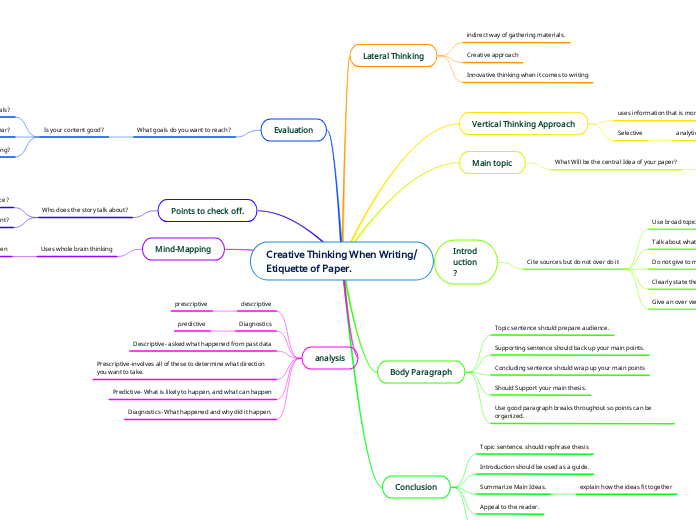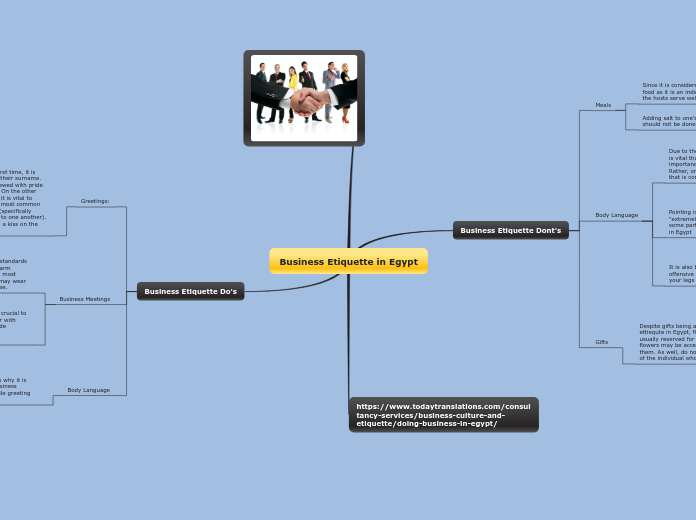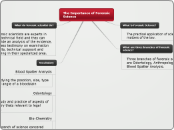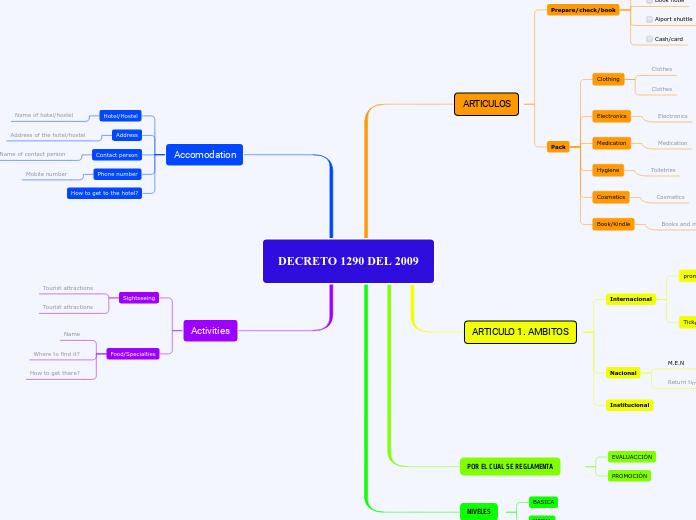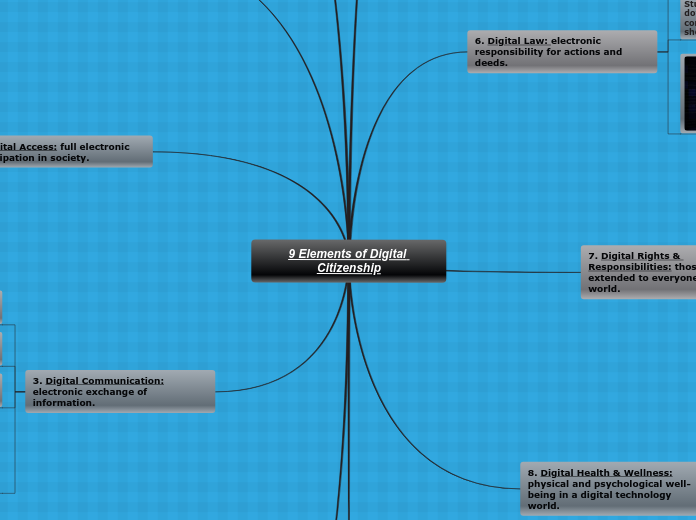da tay standifer mancano 3 anni
205
Creative Thinking When Writing/ Etiquette of Paper.
When approaching the writing process, it's essential to combine creative thinking with structured methodologies. A well-crafted introduction serves as a roadmap, outlining the topic, research question, and the importance of the discussion.
